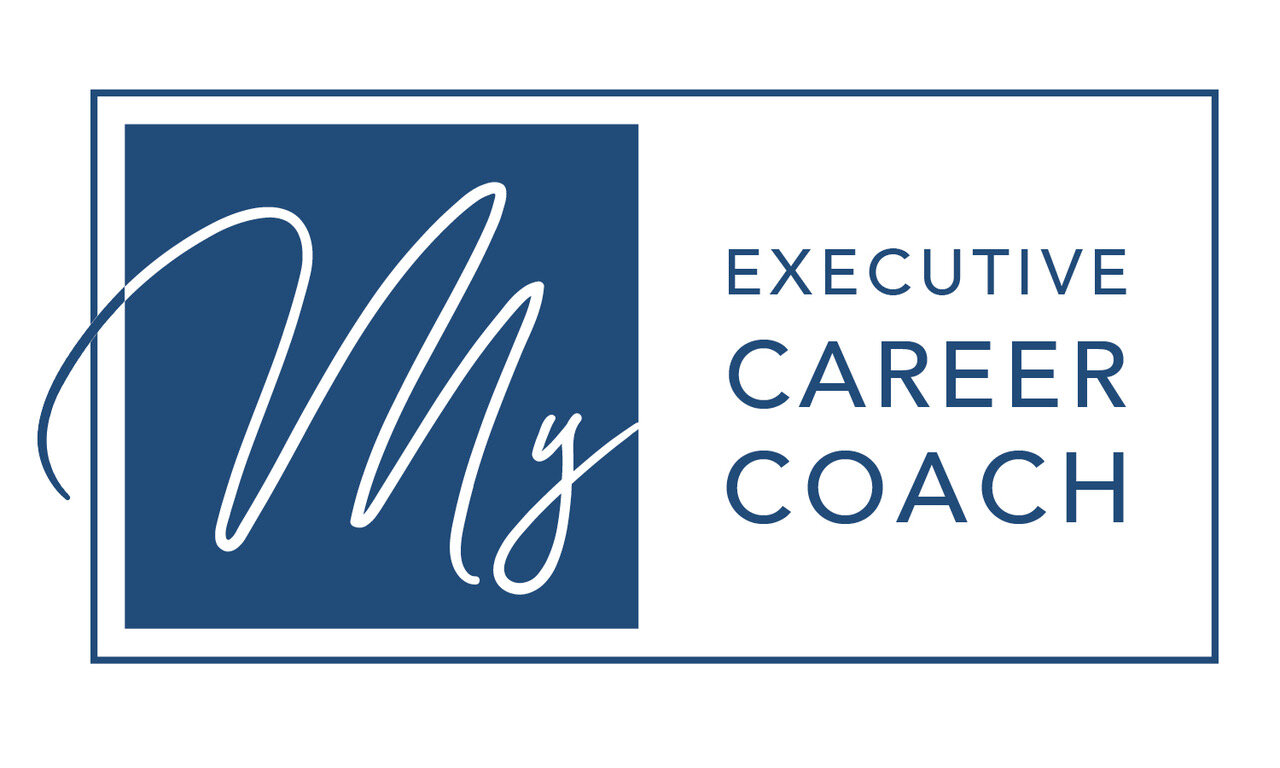By Linda Van Valkenburgh
 Recently, I became a Certified Twitter Strategist, converting from a skeptic to an evangelist about the use of Twitter in an effective career campaign. I felt that telling everyone that “I just arrived home,” or “I’m walking the dog,” seemed fairly unimportant in the scheme of life! However, nothing could be further from the truth in the world of job seekers. Twitter as a job search tool is taking off in the value it brings to your successful career transition.
Recently, I became a Certified Twitter Strategist, converting from a skeptic to an evangelist about the use of Twitter in an effective career campaign. I felt that telling everyone that “I just arrived home,” or “I’m walking the dog,” seemed fairly unimportant in the scheme of life! However, nothing could be further from the truth in the world of job seekers. Twitter as a job search tool is taking off in the value it brings to your successful career transition.
The use of Twitter has skyrocketed in the employment world. Every month, millions of jobs are posted on Twitter by thousands of employers. More and more recruiters are starting to embrace using Twitter as a tool to search for excellent talent to fill their positions. Check out sites like www.tweetmyjobs.com and www. tweepsearch.com for more information.
In the career search business, we often speak with our clients about establishing their “personal brand”. When you use Twitter in career search, you should use a handle that reinforces your “brand”. Create interest and intrigue with handles like @ResumeExpert or @CFOCoach Tweet things like: @CFOCoach: 5 Tips to get that promotion, raise, or new job. http://bit.ly/atjeFt
One of the things that makes Twitter different than most other sites is the fact that you do not need permission to use it. Therefore, this allows you to connect with CEO’s, hiring decision makers and others involved in the search process. Take advantage of this fact and build a relationship which establishes you as a trusted source that can provide solutions to th problems that an employer is experiencing. Use Twitter’s advanced search feature to locate the influencers you are seeking. Use this link to do an advanced search http://search.twitter.com/advanced. This affords you another opportunity to network which is the lifeblood of a good career campaign.
Whatever you do, always remember that you are using Twitter in a professional capacity. Tweet professionally and if you do decide to tweet about something personal, make sure that it does not provide information that you would not want an employer to see. Be assured that HR people are looking. They look at your Twitter account, your Facebook page and other places to find out more about you.
A lack of privacy affects corporations as well. Find out about the positive and negative sentiments expressed about a company at www.tweetfeel.com. Learn about the products, culture and other inside company facts and tidbits at www.monitter.com.
The career search industry can be found on Twitter. Use the hashtag, otherwise known as the # sign in front of terms like #resume, #career, #jobsearch, #jobs, #interview, #networking, etc. as part of your research. Check out #jobangels, a volunteer initiative where one person helps another person get a job. Over the course of the last year, the “one person helping another” has virally turned into thousands. Go there to both give and receive help.
You will find me at @LinVanVal. Look me up and start following me and my tweets. Please leave me a comment and let me know if you have found this article to be of assistance. I am eager to see how people are successfully using Twitter in their job searches. I can’t wait to hear from you!
PS – here are some great career professionals/groups that you will enjoy following: @SusanWhitcomb @HireEffect @CEOCoach @RobynGreenspan @Chandlee @ExecuNet @Absolutely_Abby @CoachKimAvery @CFOCoach @HRMargo
And required reading: The Twitter Job Search Guide: Find a Job and Advance Your Career in Just 15 Minutes a Day by Susan Britton Whitcomb, Chandlee Bryan, and Deb Dib
